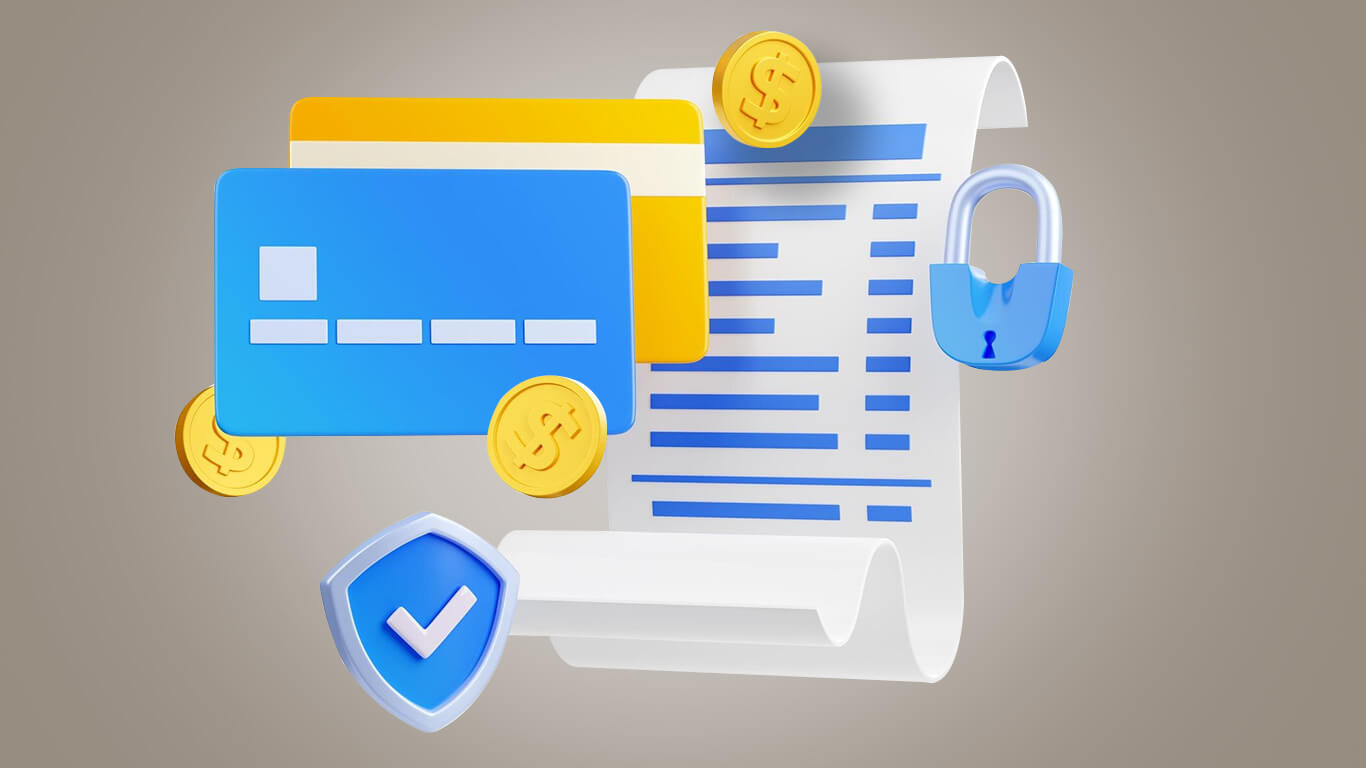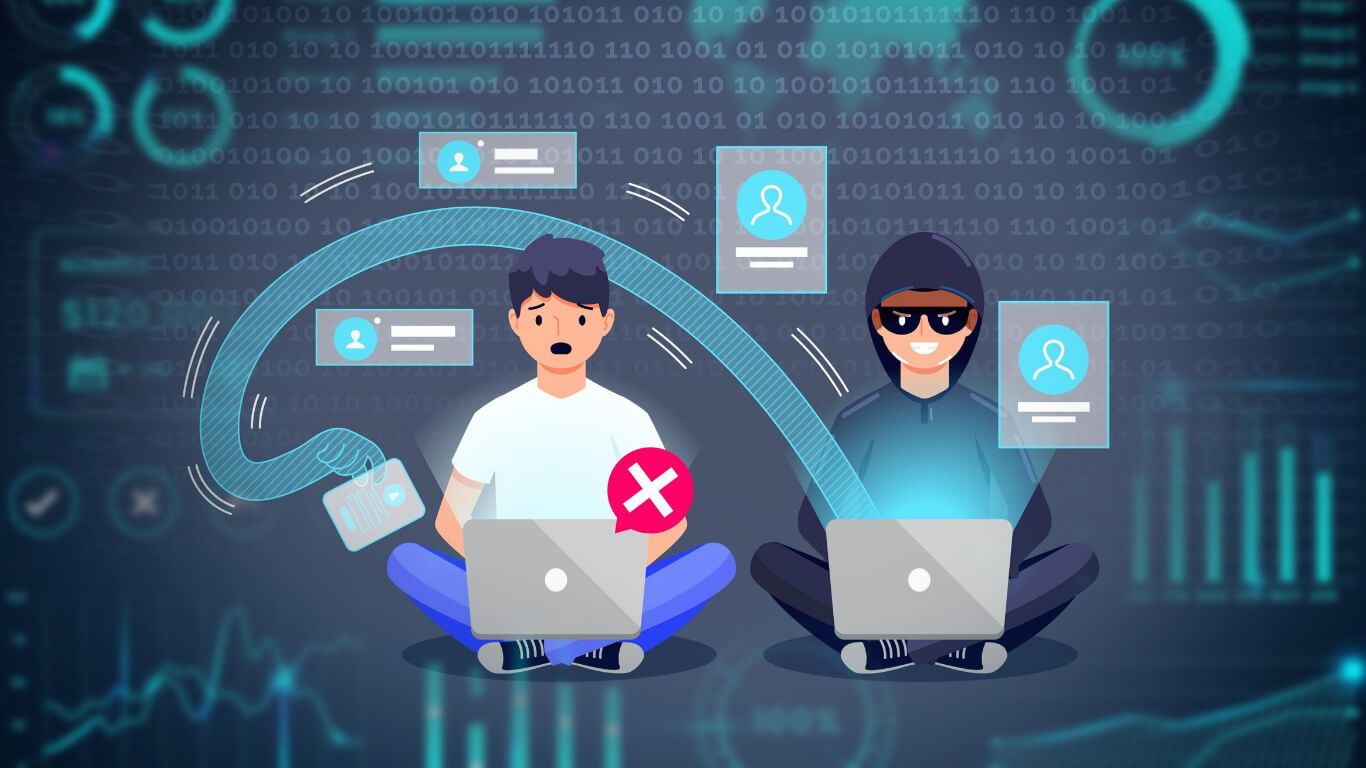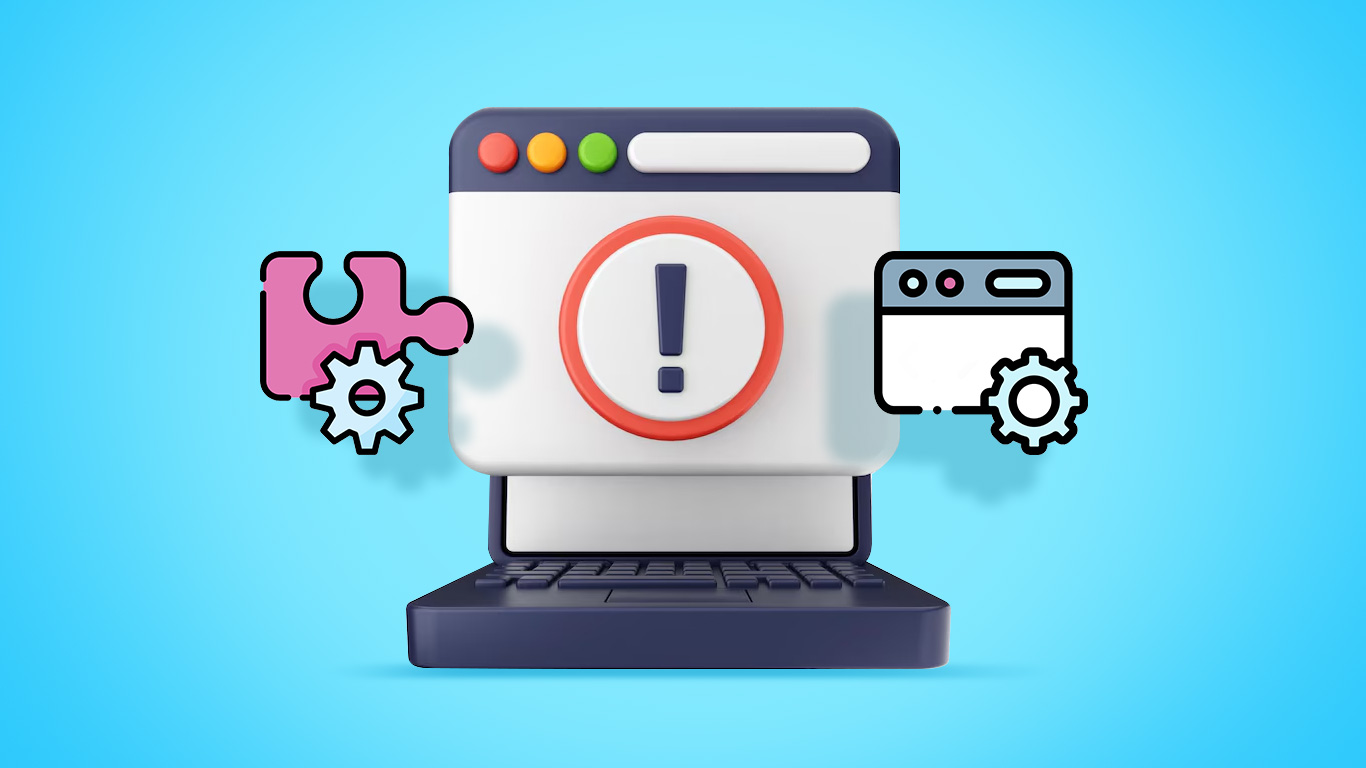Why Credit Monitoring Is the Smartest Part of Identity Protection

Credit monitoring gets dismissed as a dull service that barely moves the needle, which is why most people refuse to spend a single dollar on it. It doesn’t sound exciting. But it’s the quiet little tech that saves you from waking up to a credit card you didn’t open, a loan you didn’t apply for, and a very confused credit score.
Let’s break down how this feature actually works, especially for those outside the U.S. who might be thinking, what’s a credit bureau and why does it sound like a government office from a spy movie?
What Credit Monitoring Actually Is (and Who’s Behind It)
In the U.S., your financial life is basically tracked by three major players: Equifax, Experian, and TransUnion. Every time you borrow, pay, or even apply for credit, these bureaus update your report like a running scoreboard of your money moves.
The core benefit of credit monitoring is plugging into that system. It watches those reports and tells you the second something changes whether it’s a new loan, a credit card, or a suspicious address you’ve never lived at.
You don’t need to keep checking your score every week because the monitoring service does it for you. It’s like having eyes on your credit file 24/7, minus the effort (or paranoia).
Why Credit Is the Favorite Playground for Scammers
Because it’s quick money. That’s it.
A stolen name and a few leaked details can be enough for crooks to open fake accounts and rack up charges you’ll only discover when your real bank starts asking awkward questions.
Add to that the modern mix of AI-generated scams, data breaches, phishing, and Dark Web markets, and you’ve got a fraud buffet. Criminals can now:
- Grab leaked personal info and apply for instant online credit cards.
- Slip into digital wallets or e-banking apps with scarily convincing fake IDs.
- Stitch together “synthetic identities” using bits of real and fake data to fool automated systems.
By the time victims find out, their credit report is already carrying the bruises. Credit monitoring catches that damage as it happens, not months later when the debt collectors start calling.
What Credit Monitoring Actually Catches
Here’s where the tech earns its keep. The moment something odd pops up on your report, you’ll know.
- New Account Fraud – Someone opens a credit card or loan pretending to be you. Boom, instant alert.
- Hard Inquiry Abuse – A bunch of lenders suddenly checking your credit? That’s not you filling out car loan applications, that’s fraud in motion.
- Account Takeovers – One of your existing accounts suddenly looks “edited.” Credit monitoring flags those sneaky ownership changes.
- Mystery Addresses or Employers – If your report suddenly says you’ve moved or started working somewhere random, something’s off.
- Linked Accounts You Never Signed Up For – A co-signed loan or line of credit mysteriously tied to your name? Yeah, no thanks.
Every alert comes with the details you need to confirm if it’s real or a hacker’s doing.
How the Identity Theft Service Helps You Fix the Mess
When an alert hits, you get a clear heads-up via text, email, or app. You don’t need to be a financial whiz to handle it.
Most services walk you through the fix. You’ll get help disputing fake accounts, freezing your credit (to stop more fraud), and restoring your records. No need to go over confusing paperwork, jargon jungle, only clear steps so you can take control fast.
What These Services Can Actually Cover
Now, let’s talk about the part everyone’s curious about: what identity theft protection services actually pay for when things go wrong in your credit report. Because it’s one thing to get credit alerts, but it’s another to know someone’s got your back (and your wallet).
Coverage can vary wildly and what counts as credit monitoring depends on the plan and provider. Some give you basic help and advice, while others practically send a rescue squad for your finances. But most services usually cover the following:
1. Identity Restoration Assistance
Let me explain how. If someone uses your identity to open credit cards, loans, or mess with your accounts, the service’s team steps in to untangle the chaos.
They’ll help you contact banks, credit bureaus, lenders, and even government agencies. They know exactly which forms to fill out, who to call, and how to fix the mess faster than you could alone.
Some providers even assign a dedicated case manager who tracks your case from start to finish and no more being tossed around customer service loops.
2. Reimbursement for Stolen Funds
If a scammer manages to swipe your money, some identity theft protection plans can actually refund the damage up to a limit that ranges anywhere from a few thousand dollars to a full-blown million. That payout can cover anything from unauthorized card charges and surprise withdrawals to the kind of digital wallet “vanishing act” no magic show can top.
Now, before you start thinking it’s all sunshine and refunds, here’s the catch: this usually applies when the theft meets their criteria for identity fraud, and you’ve followed the proper reporting steps. If you simply gave out your card details to a fake shopping site, that might not qualify. That’s considered a purchase scam, not identity theft.
3. Legal and Administrative Fees
When fraud gets serious, you might need a lawyer, not just a helpline. Many services help cover legal fees, notary costs, and mailing documents during the recovery process. These little expenses can pile up fast and this coverage keeps those from sneaking onto your credit card statement while you’re already stressed.
4. Lost Wages
Yes, you read that right. Some plans even cover lost wages if you have to miss work to deal with your identity theft nightmare.
If you are getting a salary cut from taking time off to close accounts, attend hearings, or file reports, this feature makes sure your paycheck doesn’t take the hit while you fix what someone else broke.
5. Child Identity Theft Coverage
If the plan extends to your family, it can also protect your children’s information. Child identity theft is sneakier than most realize because kids don’t have credit reports yet so fraud can go unnoticed for years.
With family coverage, these services monitor your child’s Social Security number for unusual activity, like someone trying to use it to apply for loans or benefits.
When It’s NOT Covered
Now, for the fine print nobody reads (but should).
These services don’t usually cover losses from simple scams, like someone tricking you into sending money or clicking a fake investment ad. They also won’t pay for emotional stress, indirect financial loss, or damages from your own negligence like sharing your password or leaving sensitive documents lying around.
Also, the coverage isn’t insurance for bad credit decisions. If your credit score drops because you maxed out your cards, that’s on you, not your identity theft service.
In short, these services can reimburse you and help you bounce back financially, but the level of help depends on how serious the fraud is and how strong your plan’s fine print looks.
Basically, they help clean up both the digital and financial chaos left behind.
Do You Really Need Credit Monitoring?
If you’re online daily on banking, shopping, investing, or living your life through apps, yes. Absolutely yes.
Credit monitoring alone should be good enough, but combined with full identity protection, it’s a real safeguard. It’s especially valuable for:
- Heavy credit card users.
- Online business owners or freelancers.
- People using multiple e-wallets and digital banks (which, let’s be honest, is almost everyone at this point).
- Anyone who’s had their data leaked
If you’re mostly offline, use cash, and don’t rely on credit much, free monitoring or annual report checks might be enough. But if your phone doubles as your wallet, your bank, and your shopping mall, a paid plan is a smart investment.
Credit monitoring is your quickest warning system when someone starts poking around your financial life or worse, trying to drain it. With how fast technology moves today, your data travels through apps, payment systems, and databases you probably never even heard of. Getting instant alerts helps you spot trouble early, sometimes before the damage even begins.
Basically, if you have something worth protecting, then an identity protection service with credit monitoring isn’t just an option. It’s peace of mind that works quietly in the background while you live your life.


